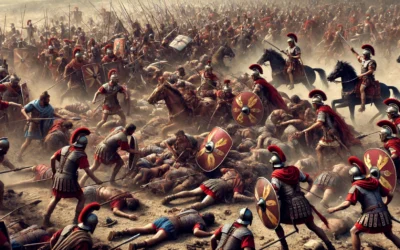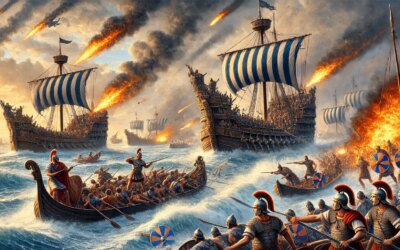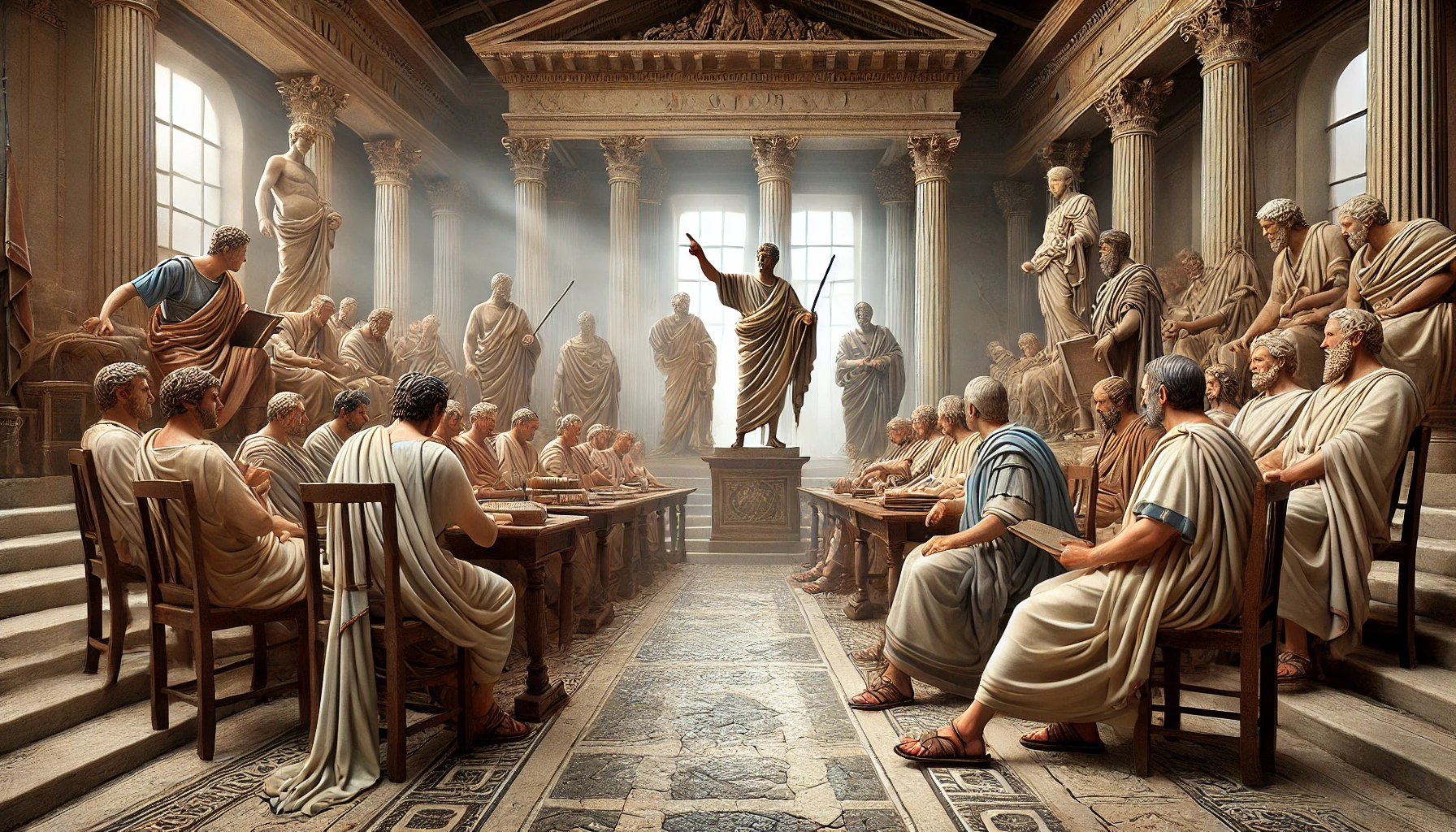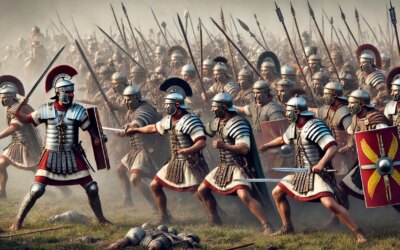Introduction: The End of an Ancient Rivalry
In 146 BC, after more than a century of intermittent conflict, Rome delivered the final blow to its greatest rival, Carthage. The city’s brutal destruction marked the end of the Third Punic War and established Rome as the unchallenged master of the western Mediterranean. The fall of Carthage was a watershed moment in ancient history, remembered for its ferocity and its sweeping consequences.
Background: Rome Versus Carthage
The Punic Wars had been some of the most intense and devastating conflicts of the ancient world. From Hannibal’s daring campaigns in Italy to Rome’s eventual victories in Africa and Spain, the struggle was existential for both powers. Although Carthage had been humbled after the Second Punic War, Roman suspicion and resentment lingered, fueled by economic competition and fear of resurgence.
The Outbreak of the Third Punic War
In the decades after 201 BC, Carthage rebuilt its economy but was forbidden by treaty to wage war without Rome’s consent. When Carthage defended itself against Numidian incursions without Roman approval, it provided Rome with the pretext for war. Many Roman senators, notably Cato the Elder, called for Carthage’s total destruction, repeating the phrase, “Carthago delenda est”—“Carthage must be destroyed.”
The Siege and Destruction of Carthage
Led by Scipio Aemilianus, the Roman forces laid siege to Carthage in 149 BC. The siege lasted nearly three years, as the Carthaginians mounted a desperate and courageous resistance. Finally, in early 146 BC, Roman forces breached the walls. Street-by-street fighting ensued, with fierce resistance from Carthaginian soldiers and civilians alike. Fires consumed much of the city, and according to ancient sources, more than 100,000 residents died or were enslaved.
The Fall and Its Aftermath
Once victorious, the Romans razed Carthage to the ground. Legend holds that they salted the earth to ensure that nothing would grow again—although historical evidence for this is lacking. Rome annexed the territory as the new province of Africa, marking the beginning of its dominance over North Africa and setting the stage for further expansion into the eastern Mediterranean.
Impact on Rome and the Mediterranean
The destruction of Carthage had profound effects. It eliminated the last major rival in the West, allowing Rome to consolidate power and focus on campaigns in Greece and beyond. Economically, the incorporation of fertile African lands contributed to Rome’s agricultural wealth. Culturally, the brutal conquest also sowed seeds of moral reflection among Roman thinkers, questioning the costs of imperial ambition.
Legacy of the Fall of Carthage
Carthage’s destruction became a symbol of Roman power and ruthless determination. Yet the memory of Carthaginian civilization persisted, influencing Roman agriculture, trade, and even religion. In later centuries, Carthage would be rebuilt by the Romans under Julius Caesar and Augustus, eventually becoming one of the leading cities of Roman Africa.
Conclusion: The Price of Victory
The sack of Carthage in 146 BC closed one of the most dramatic chapters of ancient history. It was a triumph for Rome, but also a tragedy of lost culture, human suffering, and irreversible change. The lessons of Carthage—about power, fear, and the consequences of war—continue to echo through history, a stark reminder of the costs that come with empire.






